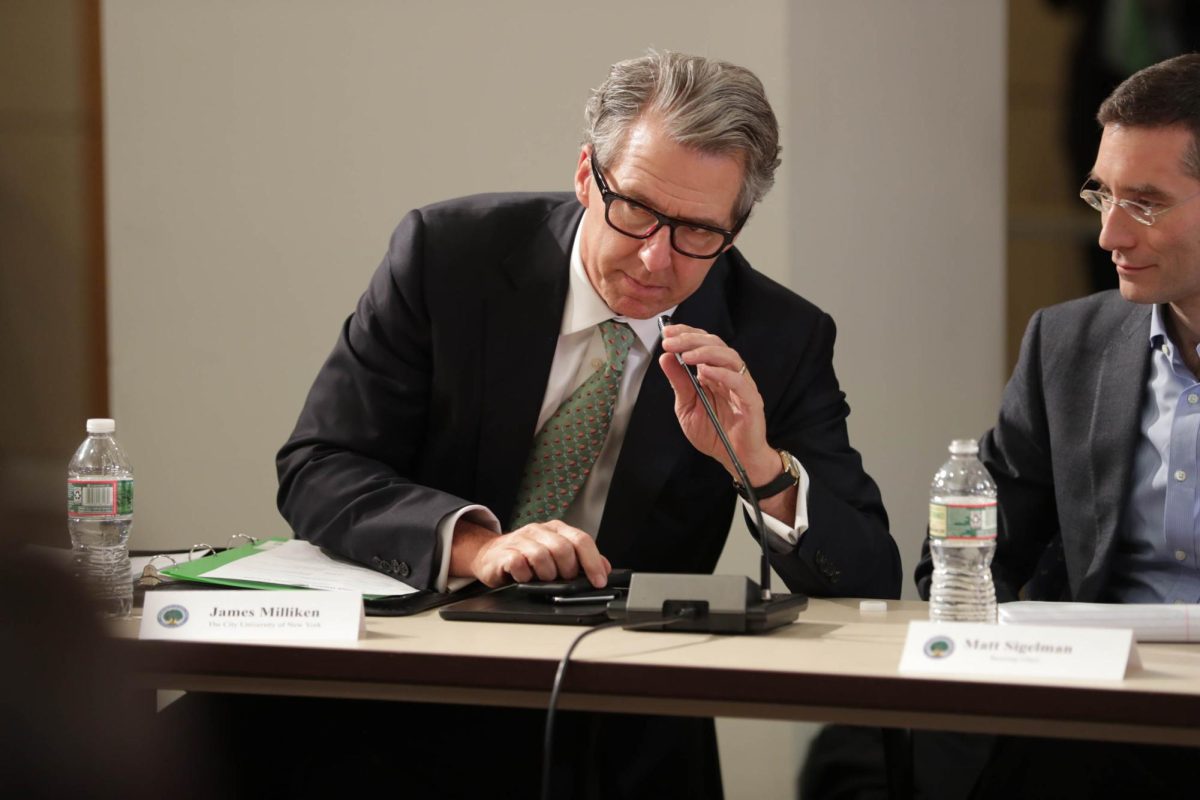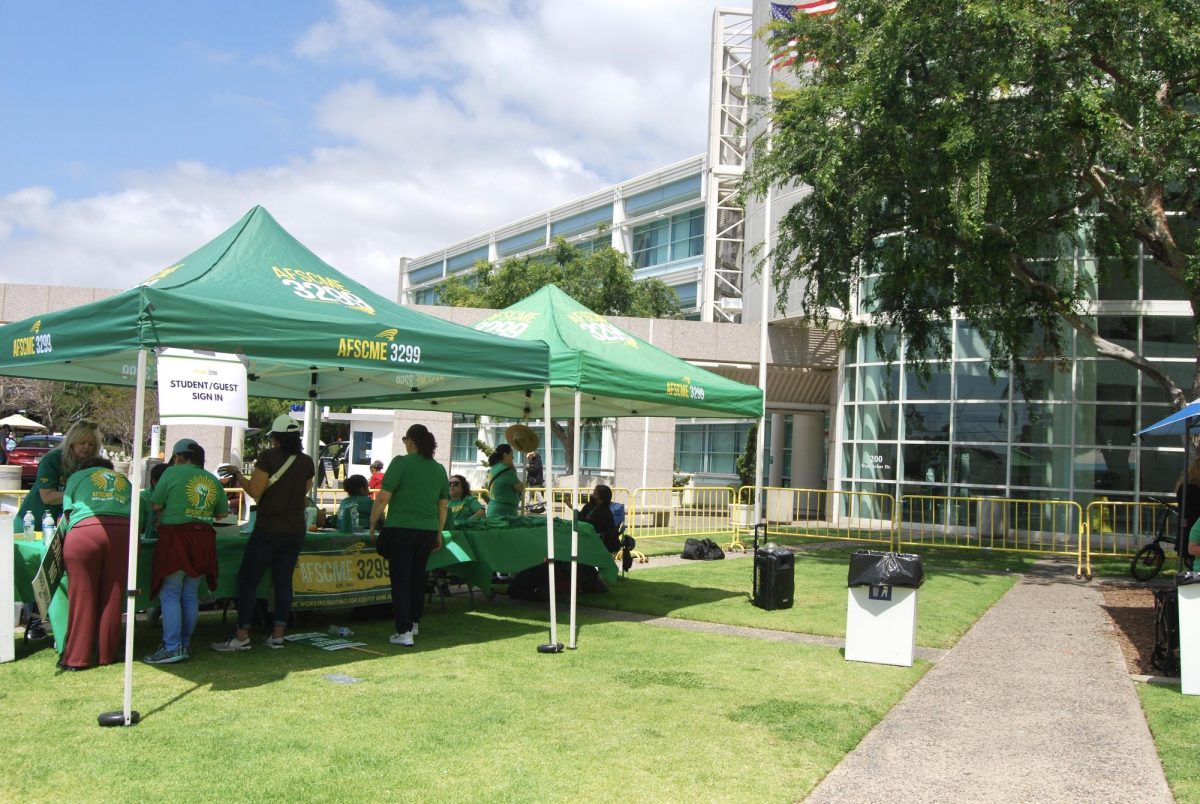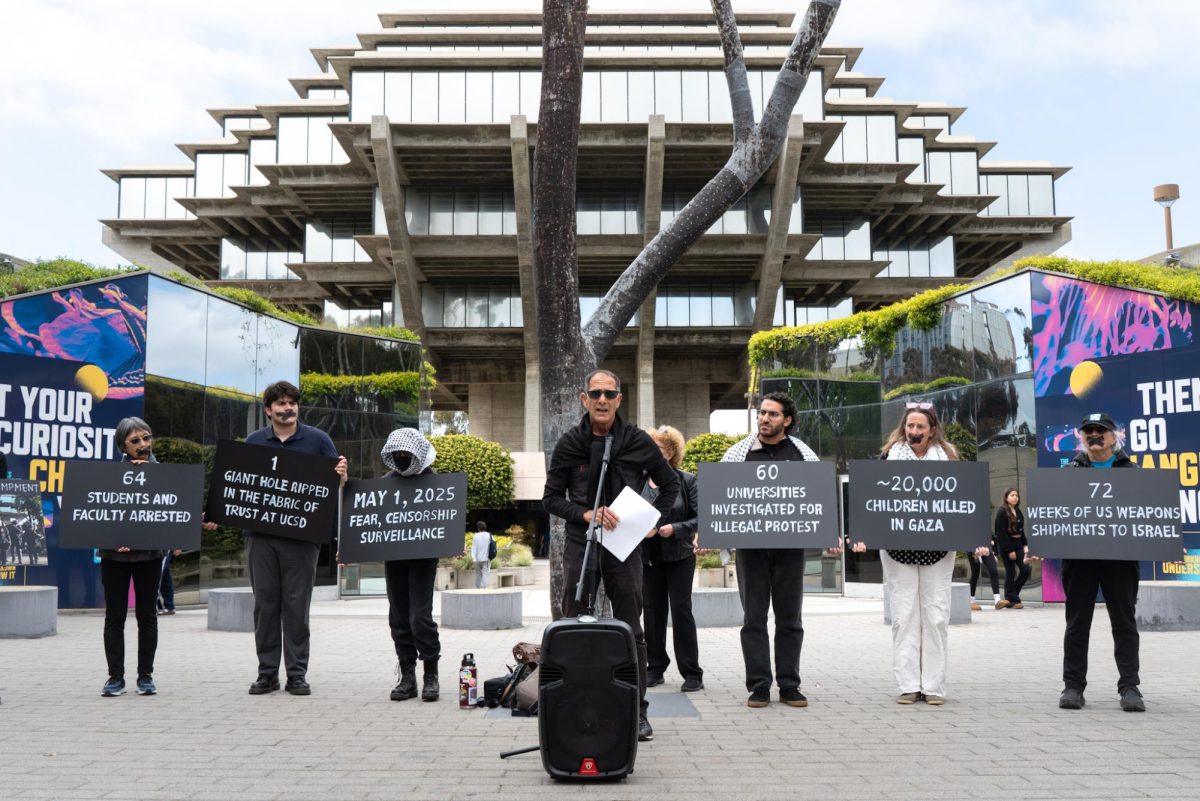UCSD’s Programs Abroad Office is implementing an outreach plan, first begun in Fall 2008, to increase the proportion of students who choose to study abroad from about 21.6 percent to 50 percent of the student body — more than doubling the number of participating students to approximately 12,000 in the next five years.
But despite increased advertising and emphasis on research and scholarship opportunities available, the percentage UCSD students who study abroad has hovered at approximately 22 percent.
Programs Abroad Office Director Kim Burton said she still felt the 50-percent mark is a realistic goal. She cited the general decline in the economy as the reason these percentages have stayed constant.
“Considering the budget cuts that UC has had to impose, and the increased cost for students of attending a UC school, the fact that we are maintaining that percentage of students going abroad each year is a huge success, and validates all of our new efforts,” Burton said.
According to the Programs Abroad Office, 70 percent of students who go abroad take courses in their major and most expect to receive major credit for these classes. About 51.4 percent of the 1,010 alumni that the Programs Abroad Office surveyed between 2008 and 2010 felt that studying abroad was influential in their career choice, and 39 percent felt that the experience was beneficial in obtaining their first job.
“After studying and interning abroad in London, I learned that I would like to work in an international company after I graduate,” Eleanor Roosevelt College junior Christine Lai wrote in an email. “I hope to be back in London.”
But some students have not yet seriously looked into studying abroad due to financial decisions or other factors.
“I feel that I don’t have the time or money to look into studying abroad,” Thurgood Marshall College junior Hanna Nakamura said. “I already have my hands full studying here.”
The Programs Abroad Office also wants to increase the pool of dedicated study abroad scholarship funds from both Pell Grants and private scholarships, such as the Benjamin Gilman Study Abroad Scholarship.
“The scholarship pool has held steady, but there are more students going abroad,” Burton said. “So it’s therefore more competitive.”
Chancellor Marye Anne Fox has publicly supported the plan.
“It is an ambitious goal and an important one,” UCSD spokesperson Christine Clark said. “We have always encouraged students to study abroad because it fosters knowledge, skills, cultural awareness and global citizenship.”
In addition to encouraging 50 percent of the student body to study abroad, Fox wants to increase the interaction of returning students with students who have not yet studied abroad. A plan proposed by the PAO, called “Internationalization at Home,” would encourage communication among returning international students who are interested in studying internationally and professors.
For example, students will be asked to share their experiences in various classes throughout the year.
“Some of the strategies would include working with faculty and other partners throughout the campus to encourage them to tap into the global knowledge and experiences of the international students,” Burton said. “We want to weave their experiences into the classroom experience.”







